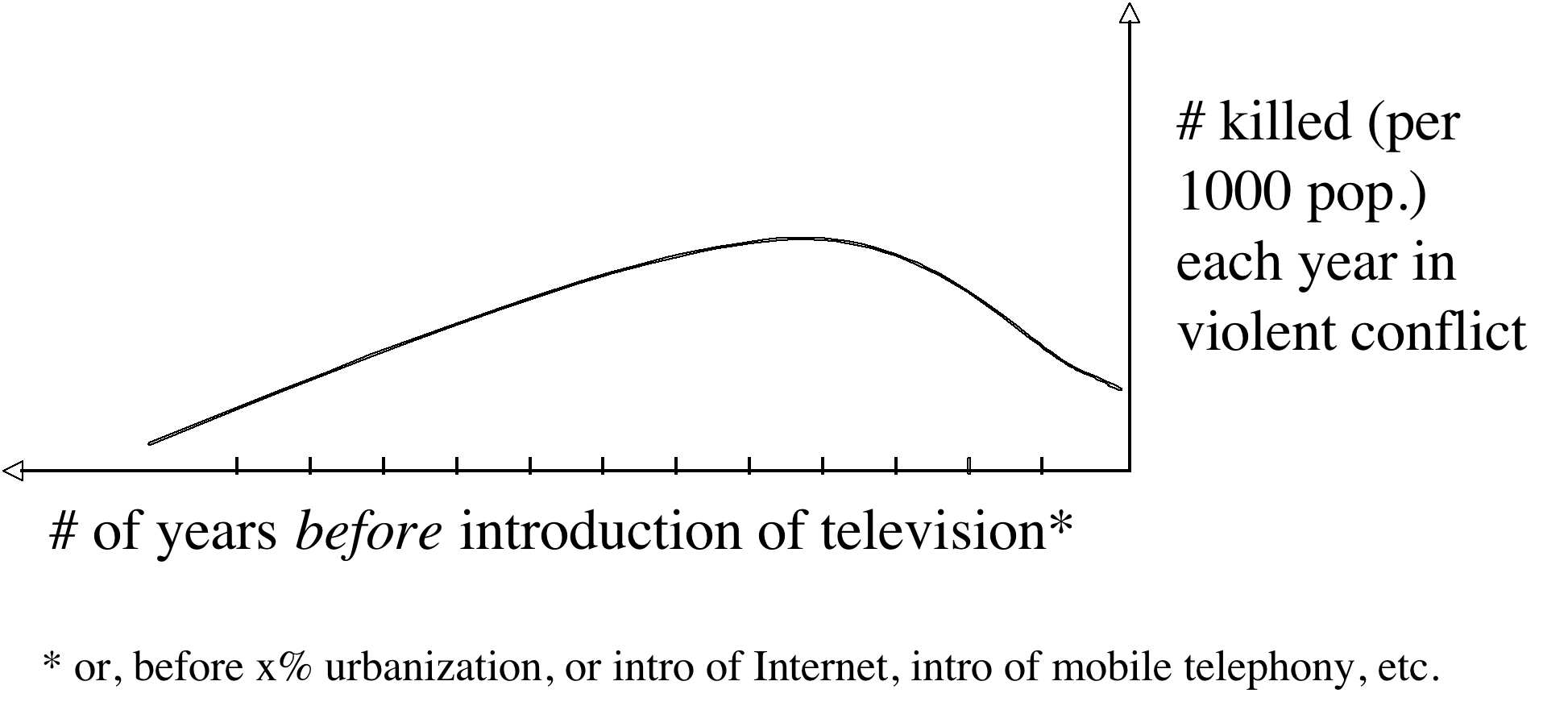The Portland International Conferences on Management of Engineering and Technology (PICMET) occur in Oregon in odd-numbered years, and in diverse locales in the even. I write from lovely Phuket island in southern Thailand, as I listen to bird- and cricket song and the crashing surf of the Andaman Sea, and gather my thoughts following the close of PICMET-2010.
Rather than hijack
Eric Diaz' excellent recent post with lengthy and tangential comments, I'll post my thoughts about the roots of war here.
Machines, Organizations&Us is a column on human-machine interactions, so after laying some anthropological and ethical groundwork I'll offer speculations on relationships between technology (and our feelings about technology) and war.
One of my aikido students asked me,
1. “Arizona Legislature Passes Bill Banning Ethnic Studies Programs.”I thank my Alliant University colleague Eduardo Morales for an email summarizing that story:
“After making national headlines for a new law on illegal immigrants, the Arizona Legislature sent Gov. Jan Brewer a bill Thursday that would ban ethnic studies programs in the state that critics say currently advocate separatism and racial preferences. The bill, which passed 32-26 in the state House, had been approved by the Senate a day earlier.... The new bill would make it illegal for a school district to teach any courses that …[among other things] 'advocate ethnic solidarity instead of the treatment of pupils as individuals.'
Have you ever pondered public radio fund drives? Whether you’ve supported the station or not (I do), the drive persists; they keep asking for money the whole, dreary week. If you pay on the first day, you get six more days of pitch. If you pay on day 7, you’ve still endured the whole week of no music and no news. If you don’t pay at all, you deserve what you get, but that’s not the point.
And whenever you pay, they’re just going to do the same damn thing in a few more months.
I wrote this letter in response to his1 December 19 column. The letter sank without a trace, despite that it was admirably concise and pithy - if I do say so myself.
Today Grant Barrett, co-host of Public Radio’s A Way with Words, complained, “Wikipedia is not reliable. There are times when I’ve entered information into a page, gone back later, and found someone has, excuse me, crapped all over my work.”
I have long advised my students not to cite Wikipedia as a source, and not to believe anything found therein without cross-checking other sources. After learning what I will relate to you below, I’ve revised that advice: Now I tell 'em, don’t go to Wikipedia at all.
 The Notion Of Nations: Does A Nationalist Pol Know What A Nation Is?
The Notion Of Nations: Does A Nationalist Pol Know What A Nation Is? Resilience: Debunking The Debunker
Resilience: Debunking The Debunker There’s DEI, And Then There’s DEI
There’s DEI, And Then There’s DEI








